In life, everyone has met people who do not work well, have limited knowledge but appear to be extremely confident in their own abilities. They speak like experts, argue as if they know everything and sometimes firmly defend a wrong point of view even when the evidence is clear.
What’s even more puzzling is that they seem oblivious to their own weaknesses and even underestimate the abilities of those around them. And if you’ve ever been confused by such situations, you’re likely witnessing one of psychology’s most famous phenomena: the Dunning-Kruger effect.
The concept comes from two psychologists, David Dunning and Justin Kruger at Cornell University, who published a landmark study in 1999 with the haunting title: “Lack of Skill and Not Knowing It.”
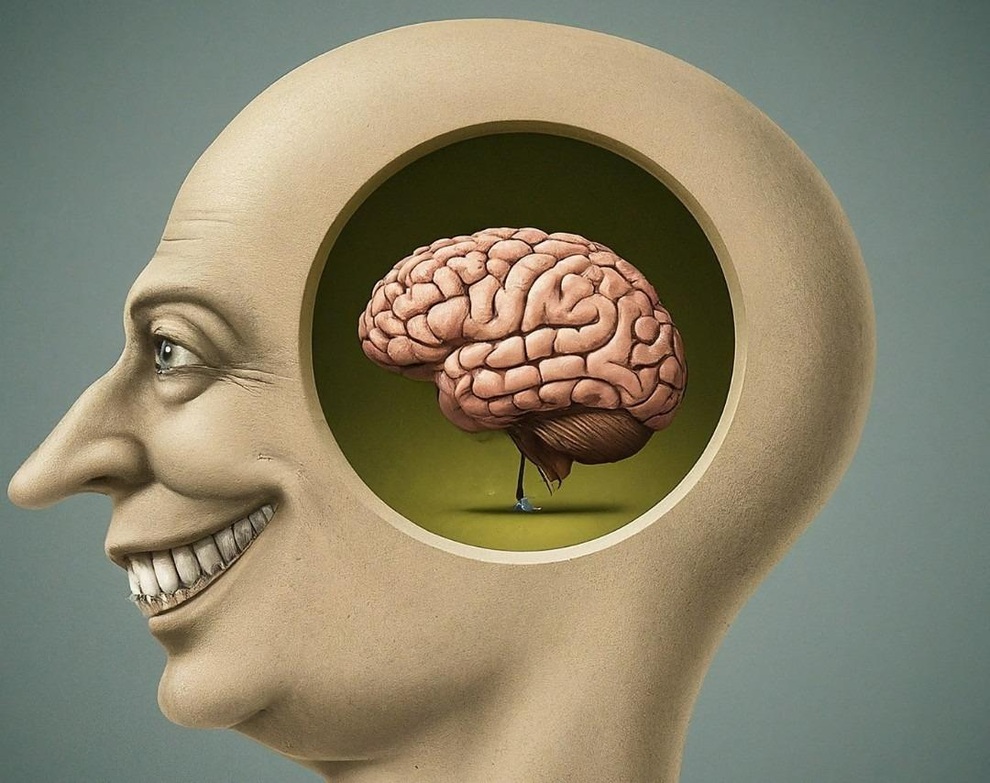
In a series of experiments on logic, grammar, and humor, they found a recurring pattern: low performers consistently overestimated their abilities, sometimes even higher than the best performers. Conversely, truly competent people tended to underestimate their own abilities because they understood the complexity of their field.
But why are people with low self-confidence so “delusional”? The explanation most commonly agreed upon by experts lies in metacognition, the ability to monitor and evaluate one’s own thinking processes.
Competent people often know where they are, what their strengths and weaknesses are, and what they need to improve. They are aware of the gaps in their knowledge, so the more they learn, the more they realize how much they don’t know.
Meanwhile, people who lack skills also lack the ability to self-evaluate. They do not have enough knowledge to recognize their own mistakes, nor enough experience to understand how others are better than them. This deficiency creates the “double burden” of the Dunning-Kruger effect.
Interestingly, this effect does not discriminate based on gender, age, or education level. It can happen to anyone, as long as they lack knowledge in a particular area. For example, a person who has just started learning programming for a few weeks may think that they have mastered almost everything, only to realize that there is a “sky” of knowledge behind it when they start working on a real project.
A person who has just read a few articles about stock investing can confidently make risky financial decisions and only realize he was wrong when he has lost money.
This effect is repeated over and over again in education, careers, medicine, even politics and social media, where anyone can offer their opinion as if they were an expert.
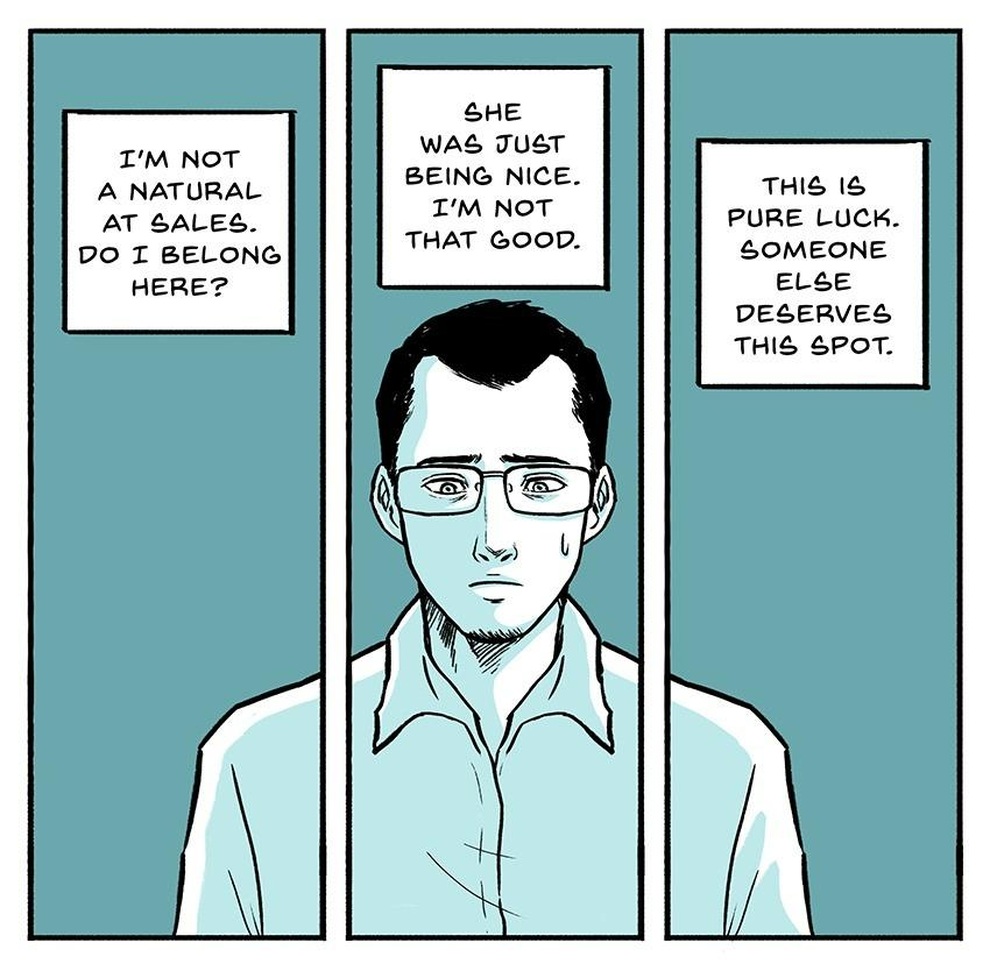
On the contrary, truly talented people often face the opposite phenomenon: Impostor Syndrome. They fear being judged as not good enough, not smart enough, and always feel that their success is somewhat “lucky”.
A common misconception in popular culture is the Dunning-Kruger effect which states that “stupid people are more confident than intelligent people”, however this is a misinterpretation.
This effect has nothing to do with overall intelligence, but only with skill in a specific task. People who perform poorly in a domain tend to overestimate themselves, but their confidence is still lower than that of people who actually do well. In other words, they are not “the most confident,” they are “more confident than they actually are.”
However, these self-assessments have far-reaching consequences. For example, an individual who is overconfident in his or her driving ability may cause a serious accident. A person who considers himself or herself a medical expert may self-medicate and worsen his or her condition. A person who believes he or she is politically savvy may spread misinformation or advocate policies that are contrary to the public interest. Many personal tragedies and collective failures have resulted from misjudging one’s own abilities.
However, the truth is that the Dunning-Kruger effect is not a “life sentence” for anyone. The most effective way to overcome it is always to continuously learn, actively seek feedback and accept that mistakes are part of the process of progress.
The more we know, the more we are able to see our own limitations. The more we experience, the more we understand that the world is more complex than we think. And when we are humble enough to listen, we gradually escape the illusion of competence - a sophisticated trap that everyone has fallen into at least once.
The Dunning-Kruger effect is a reminder that human perception does not always accurately reflect true ability. Sometimes, what we lack most is not knowledge, but the awareness to know what we lack.
And in the age of information explosion, when everyone can speak up and claim to be right, maintaining humility and the ability to self-reflect is perhaps the most important “superpower”.
Source: https://dantri.com.vn/khoa-hoc/vi-sao-mot-so-nguoi-kem-hieu-biet-lai-nghi-minh-thong-minh-hon-20251116232259763.htm







![[Photo] General Secretary To Lam and National Assembly Chairman Tran Thanh Man attend the 80th Anniversary of the Traditional Day of the Vietnamese Inspection Sector](https://vphoto.vietnam.vn/thumb/1200x675/vietnam/resource/IMAGE/2025/11/17/1763356362984_a2-bnd-7940-3561-jpg.webp)
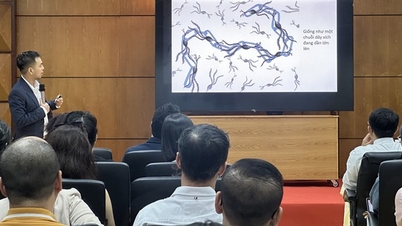







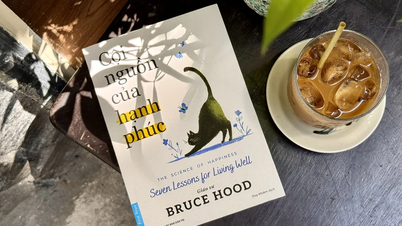









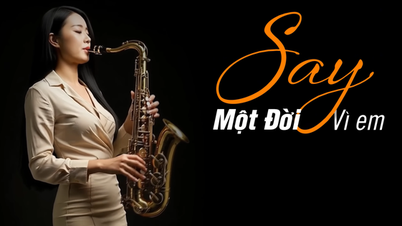
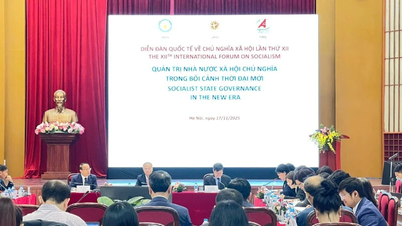

























































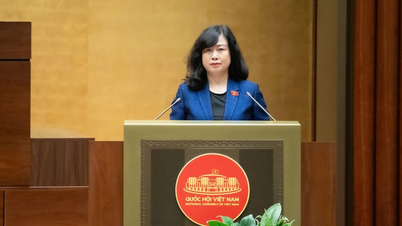






























Comment (0)